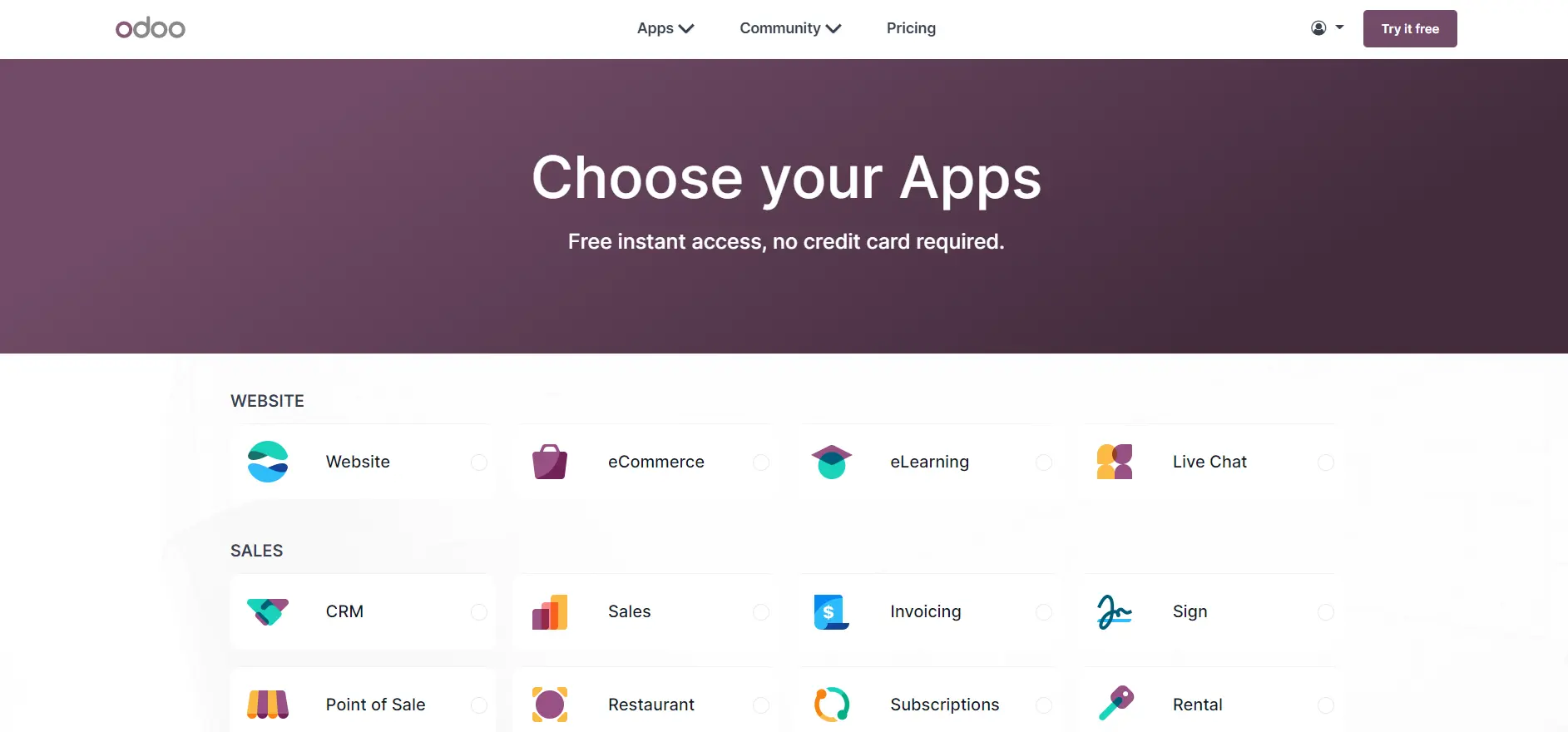Staying Ahead in the Digital Age: Future Trends in Odoo for Businesses
In today's rapidly changing digital world, businesses must adopt innovative strategies to maintain a competitive edge. Odoo, an open-source suite of business applications, has emerged as a key solution, addressing various operational needs. As digital transformation continues to evolve, it's crucial for companies to integrate Odoo and stay informed about upcoming trends that will influence its impact on organizational success.
The Current Landscape of Odoo
Before exploring future trends, it's essential to grasp the current impact of Odoo, which has revolutionized business operations globally. Odoo's modular design enables companies to select and integrate applications tailored to their specific requirements. These applications cover a wide range of functions, including accounting, project management, inventory control, human resources, and customer relationship management (CRM).
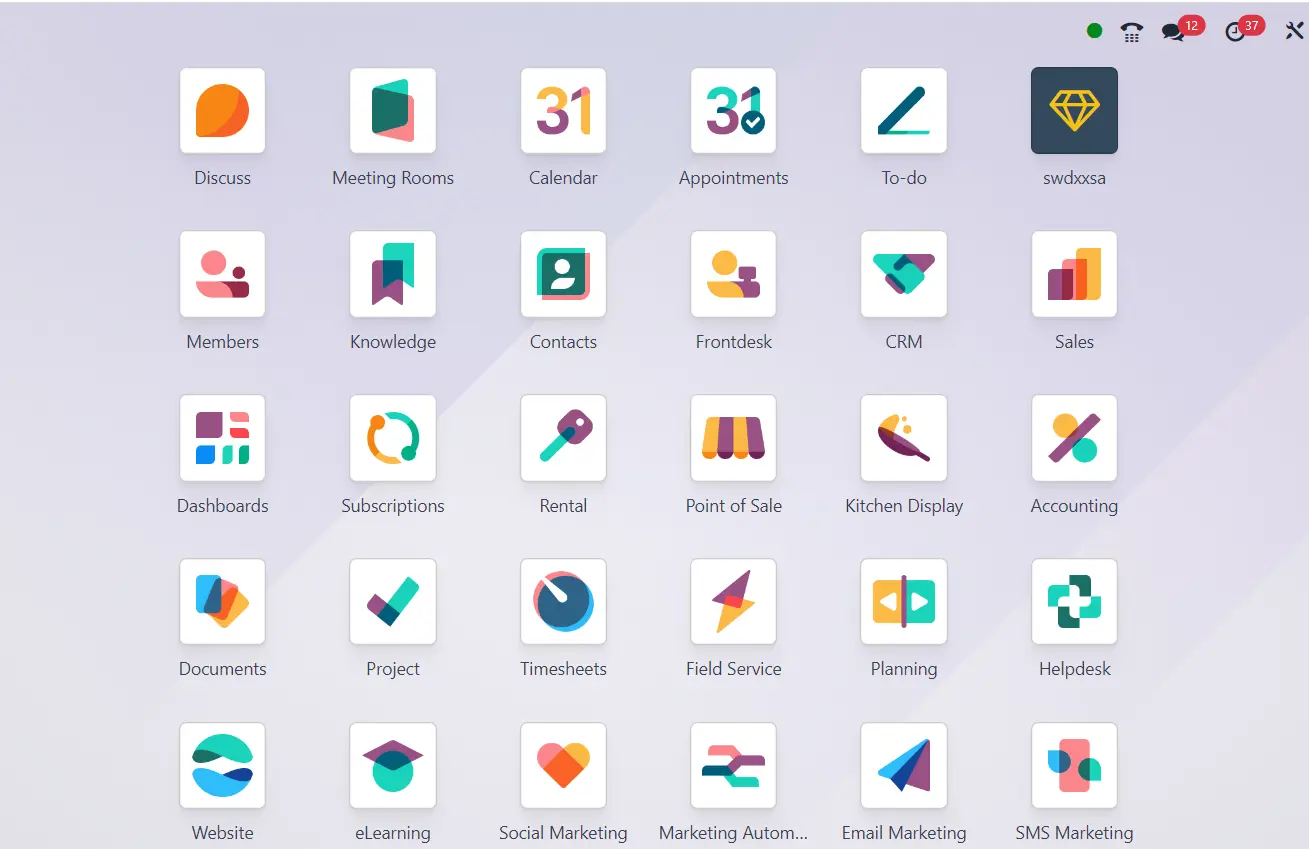
A major advantage of Odoo is its open-source framework, allowing businesses to customize the software to meet their specific needs. This flexibility has made Odoo a favored choice among small and medium-sized enterprises (SMEs) and larger corporations alike.
Integration of Artificial Intelligence (AI)
Looking ahead, the integration of artificial intelligence (AI) within Odoo stands out as a highly promising trend. AI has the capability to transform business operations by automating routine tasks, delivering data-driven insights, and boosting overall efficiency. Within Odoo, AI can be utilized across multiple modules.
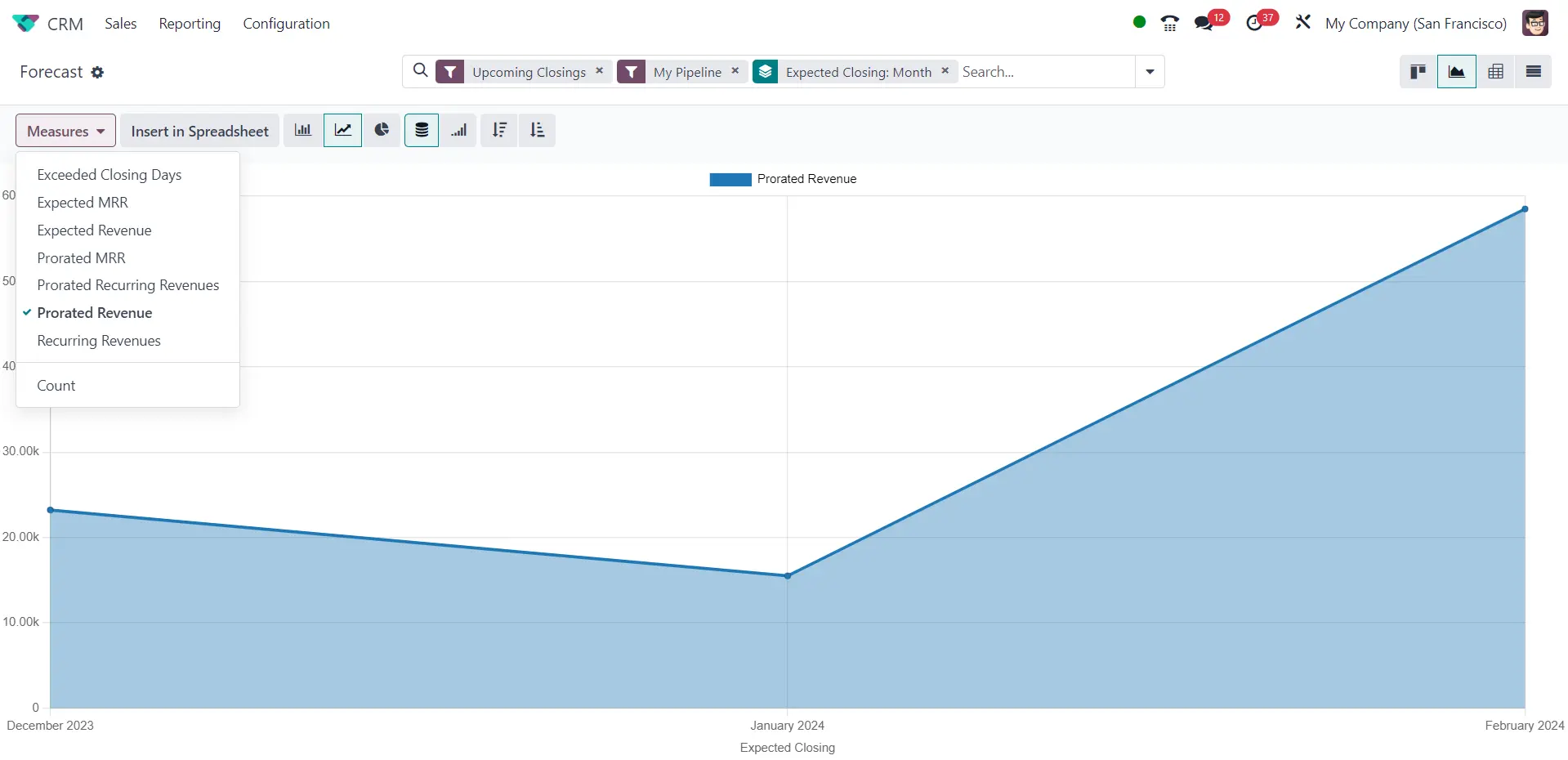
For example, within the CRM module, AI algorithms can evaluate customer interactions, forecast purchasing patterns, and recommend tailored marketing strategies. In the inventory management module, AI can optimize stock levels by analyzing historical data, current market trends, and other pertinent factors. Integrating AI into Odoo's modules will enable businesses to make more informed decisions and enhance their operational efficiency.

Enhanced User Experience with User Interface (UI) Improvements
User experience (UX) is pivotal to the success of any software, and Odoo is no exception. Future enhancements to Odoo's user interface (UI) will make it more intuitive and user-friendly, catering to the growing demand for accessible solutions, even for those with limited technical skills.
Improving the UI not only boosts overall user satisfaction but also enhances productivity. Businesses will gain from employees spending less time on training and adaptation, enabling them to concentrate on more valuable tasks.
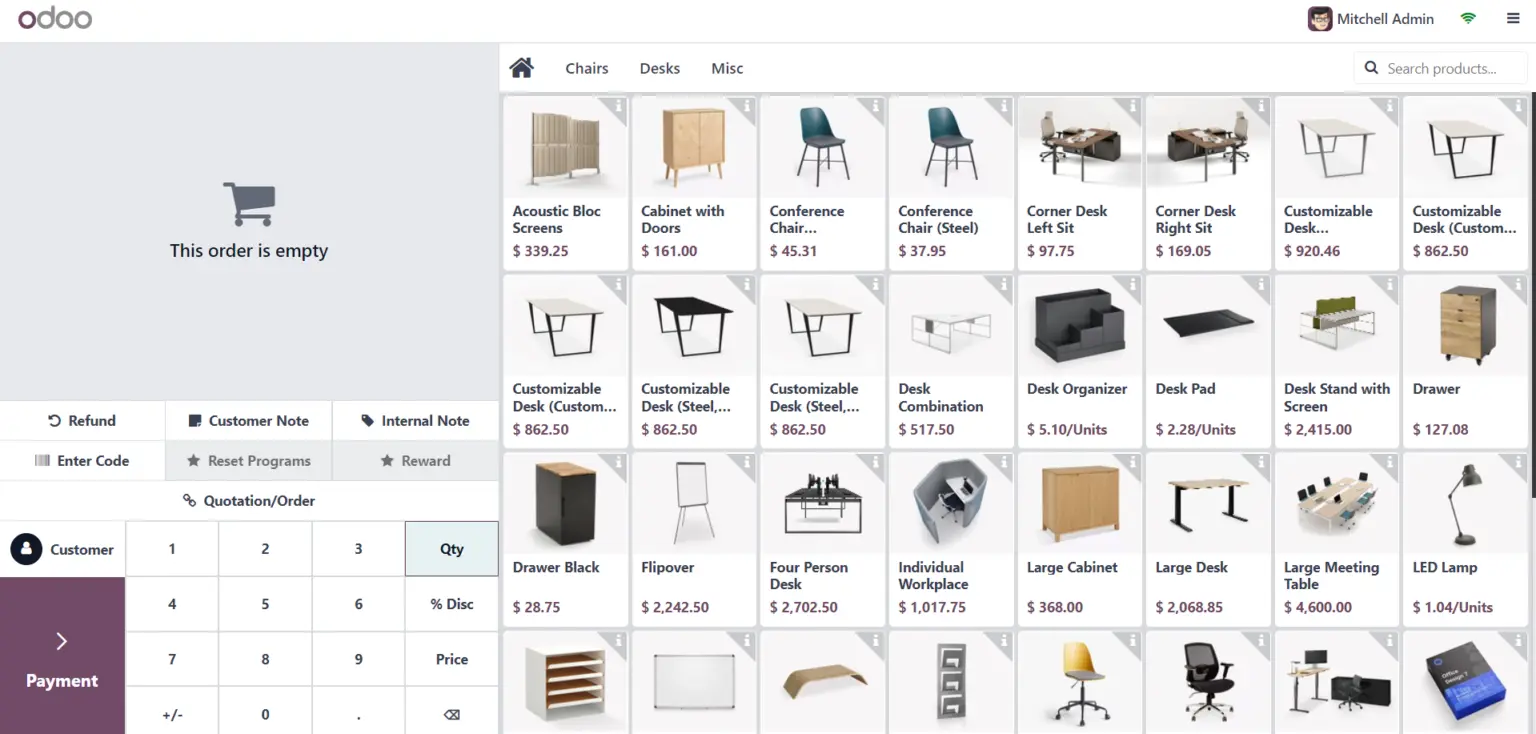
Blockchain Integration for Enhanced Security
As digital transactions become more common, safeguarding sensitive data is crucial. Blockchain technology, recognized for its decentralized and highly secure nature, is set to make a significant impact on Odoo.
Integrating blockchain with Odoo can enhance transaction security, prevent fraud, and ensure data integrity. This is especially important for modules like finance and inventory management, where data accuracy and security are essential.
Additionally, blockchain can improve supply chain management within Odoo. Its transparent and traceable nature offers businesses real-time visibility into the movement of goods, fostering trust with customers and partners.
Expansion of E-commerce Capabilities
The growth of online commerce has been a significant trend in recent years and is expected to persist. Odoo, acknowledging the importance of e-commerce, is likely to enhance its capabilities in this domain. Businesses utilizing Odoo can anticipate more advanced e-commerce features, enabling them to effortlessly create and manage online stores.
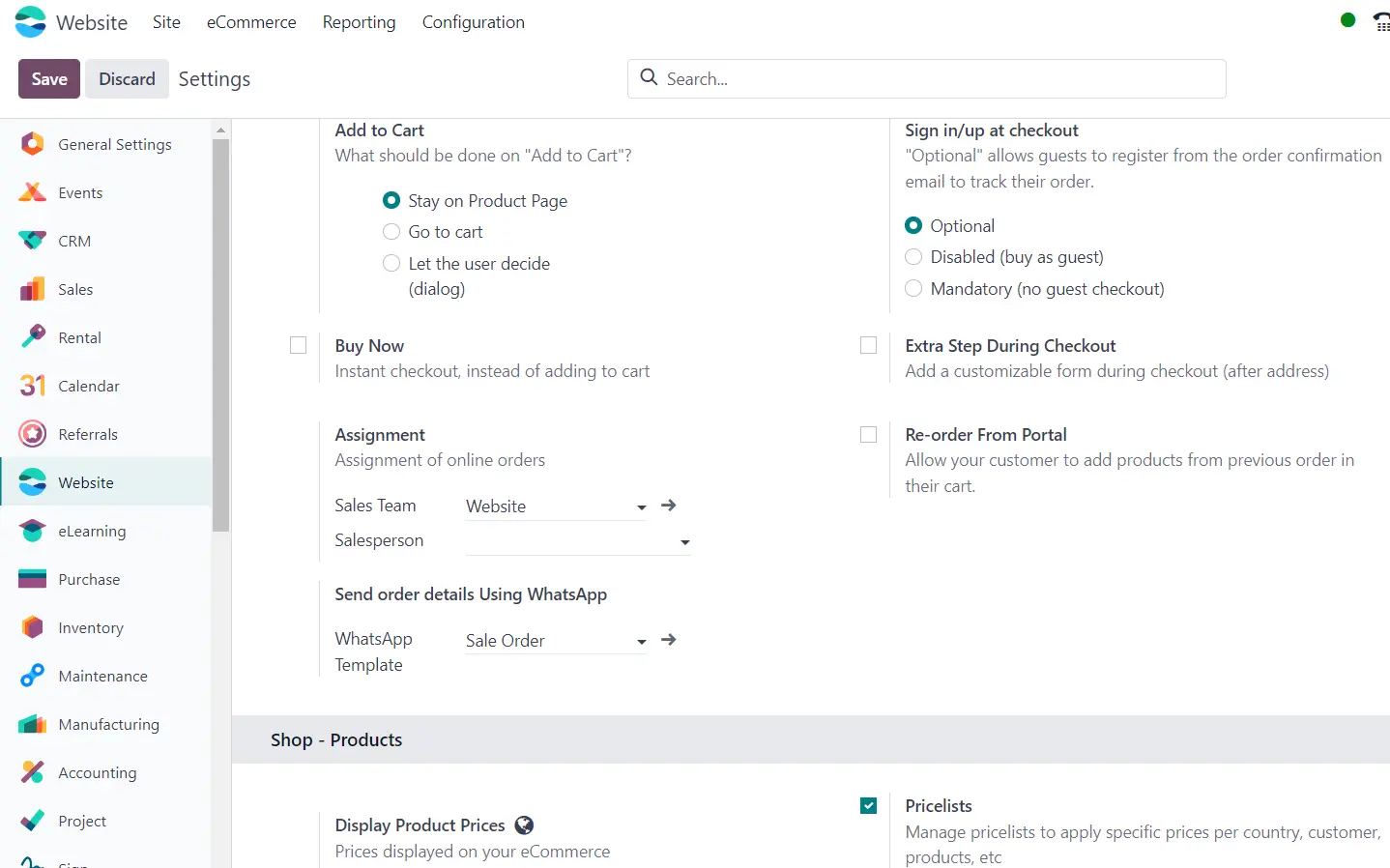
This growth may involve better integration with popular e-commerce platforms, more efficient order processing, and enhanced customer relationship management for online transactions. As businesses continue to move towards digital sales channels, Odoo's advancements in e-commerce will be essential for maintaining competitiveness.
Greater Emphasis on Mobile Accessibility
In today's world, where mobile devices are everywhere, it's essential for business applications to be accessible on smartphones and tablets. Future versions of Odoo are expected to focus more on mobile accessibility.
This shift aligns with the increasing need for flexible work environments. Mobile accessibility will enable employees to handle various tasks, such as project updates, CRM interactions, and inventory tracking, while on the move. This not only boosts overall efficiency but also creates a more agile and responsive business environment.
Integration of Internet of Things (IoT) for Smart Operations
The Internet of Things (IoT) is another technology poised to significantly influence the future of Odoo. IoT involves connecting devices that can communicate and share data with one another. Within Odoo, this could lead to the integration of IoT devices into modules like inventory management, manufacturing, and even human resources.
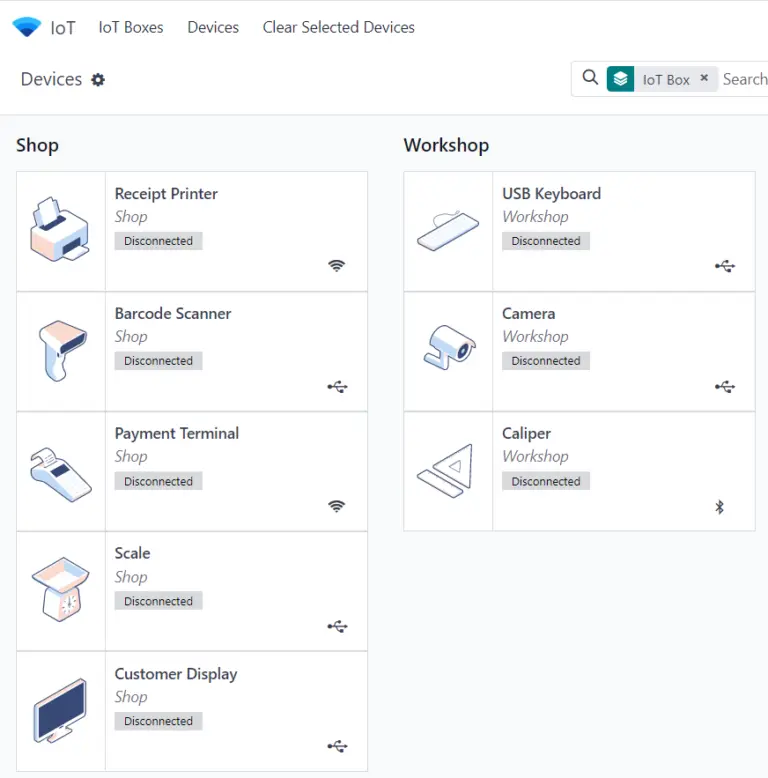
For instance, IoT sensors in a warehouse can deliver real-time data on inventory levels and conditions. In manufacturing, IoT devices can monitor machinery performance and trigger maintenance alerts when needed. Integrating IoT with Odoo will allow businesses to achieve higher levels of automation, efficiency, and precision in their operations.
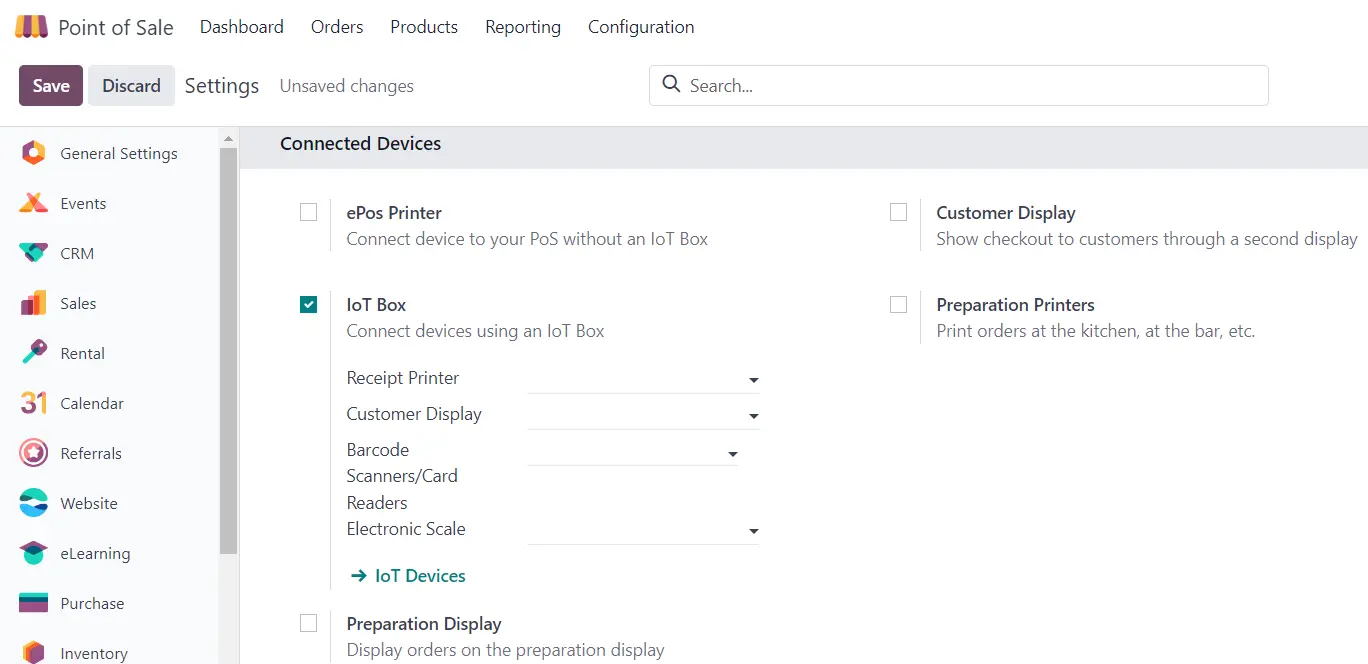
Continued Focus on Cloud-Based Solutions
While the move towards cloud-based solutions is not new, it continues to be crucial for Odoo's future. Cloud deployment offers businesses scalability, accessibility, and cost-effectiveness. With Odoo's cloud-based option, organizations can access their data and applications from anywhere, fostering collaboration and remote work.
Future versions of Odoo are expected to enhance their cloud capabilities, offering smoother integration with popular cloud platforms and ensuring high levels of security and reliability. This trend aligns with the broader shift towards cloud adoption across various industries.
Conclusion
In summary, Odoo is set to continue being a major contributor to the digital transformation of businesses. The future trends we've discussed—AI integration, enhanced UI, blockchain security, expanded e-commerce features, mobile accessibility, IoT integration, and a sustained focus on cloud-based solutions—together depict a more advanced, adaptable, and user-friendly Odoo ecosystem.
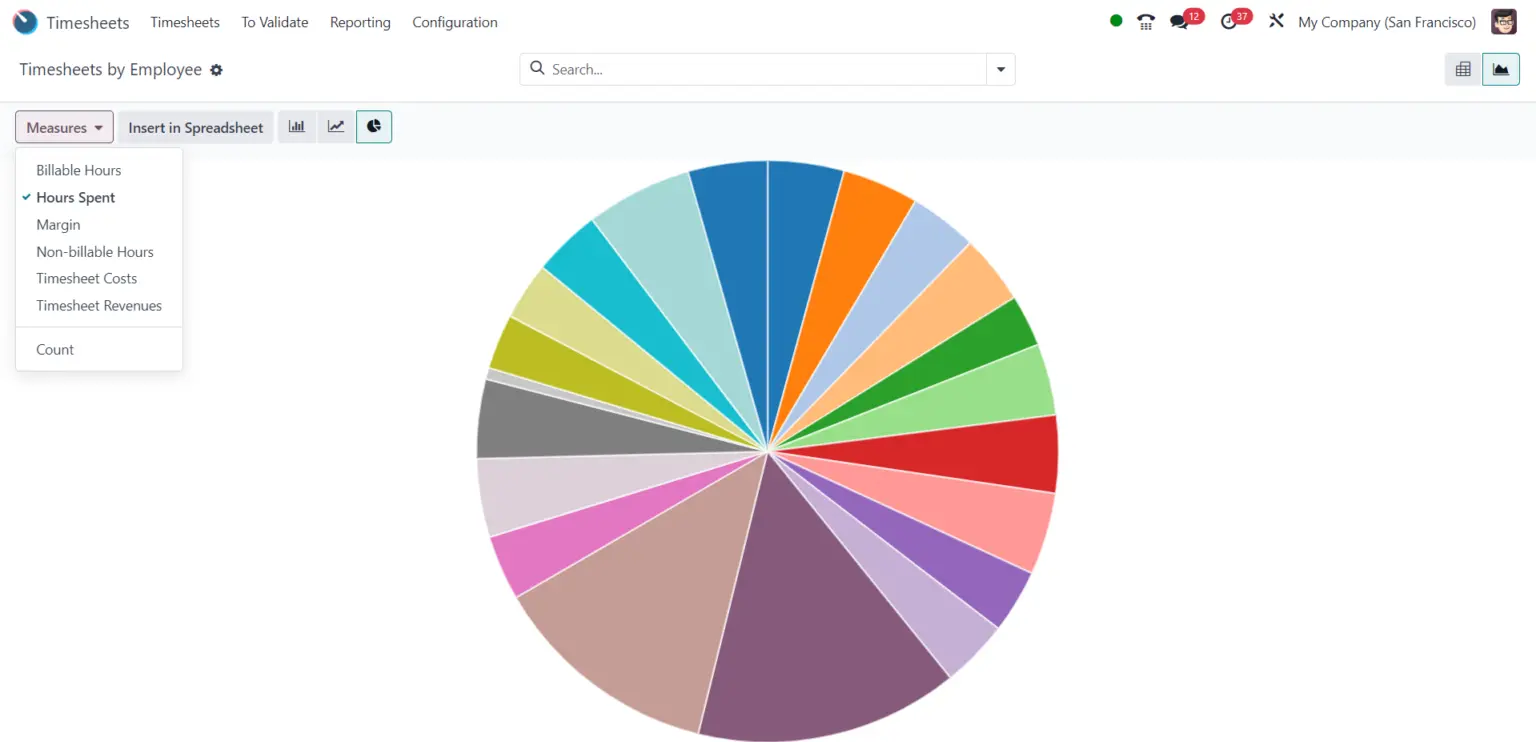
Businesses that actively adopt these trends and integrate them into their strategies will not only stay ahead in the digital age but also secure long-term success in a constantly changing business environment. As technology progresses, Odoo's dedication to innovation ensures it will be instrumental in shaping the future of business operations. To truly stay ahead, businesses must not only implement Odoo but also utilize its evolving features to enhance efficiency, improve decision-making, and remain competitive in the digital era.
Blog Reference Click Here
